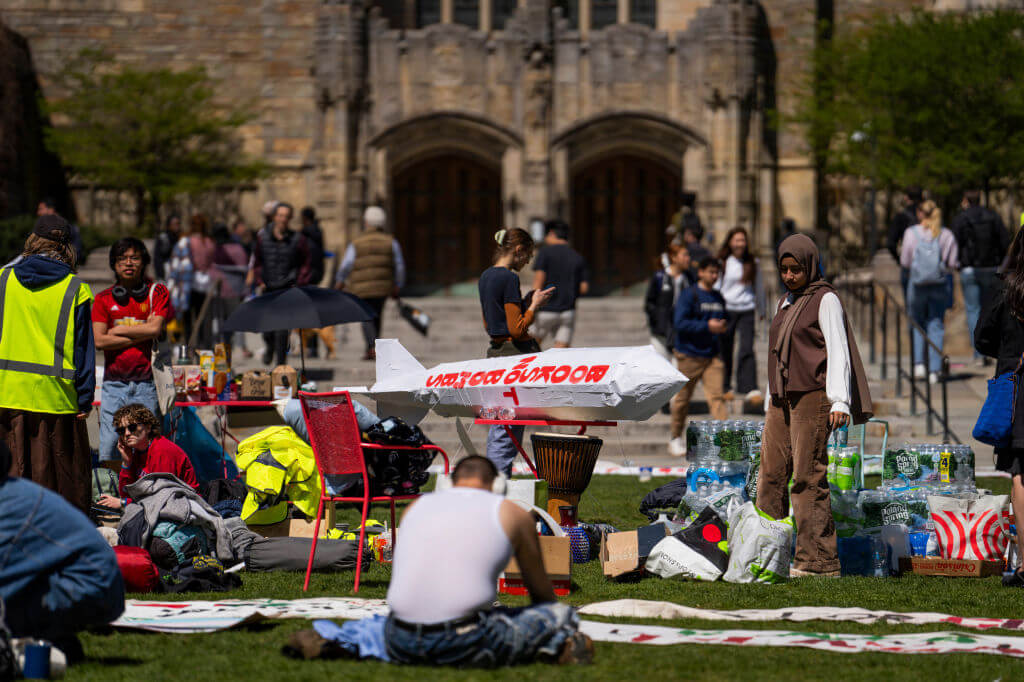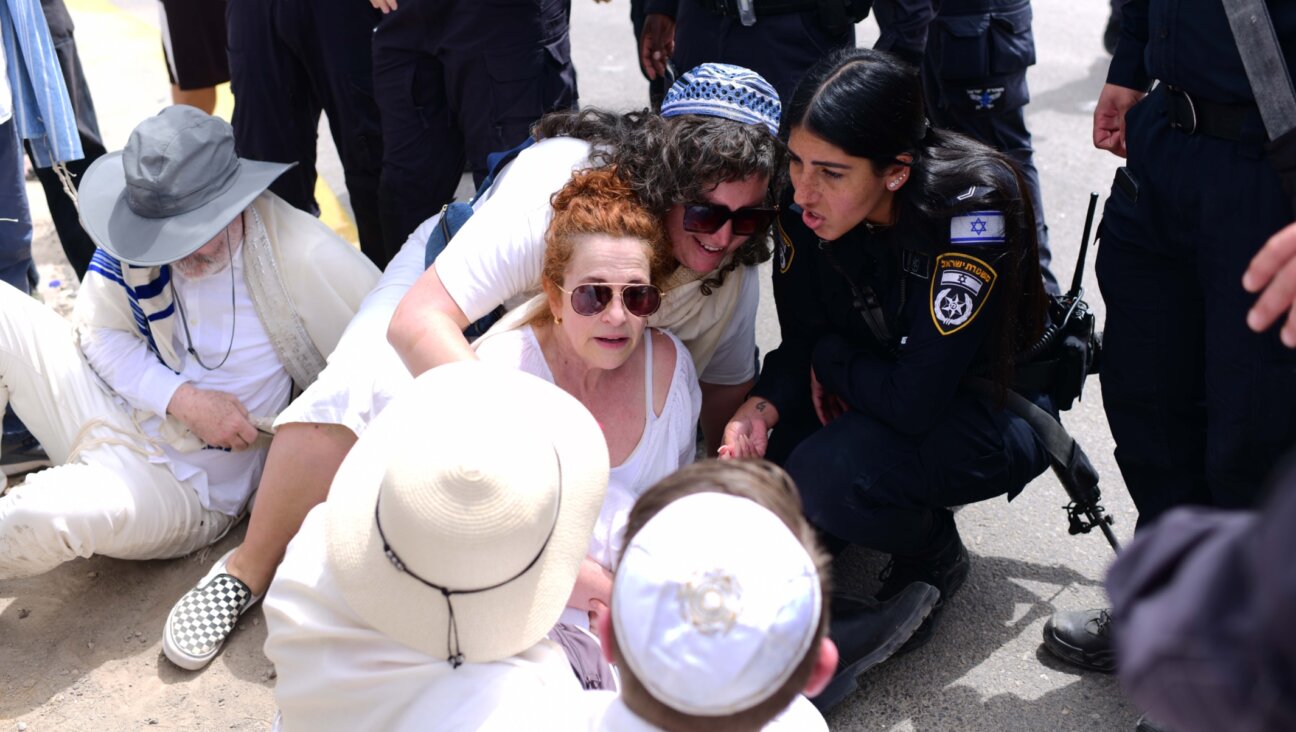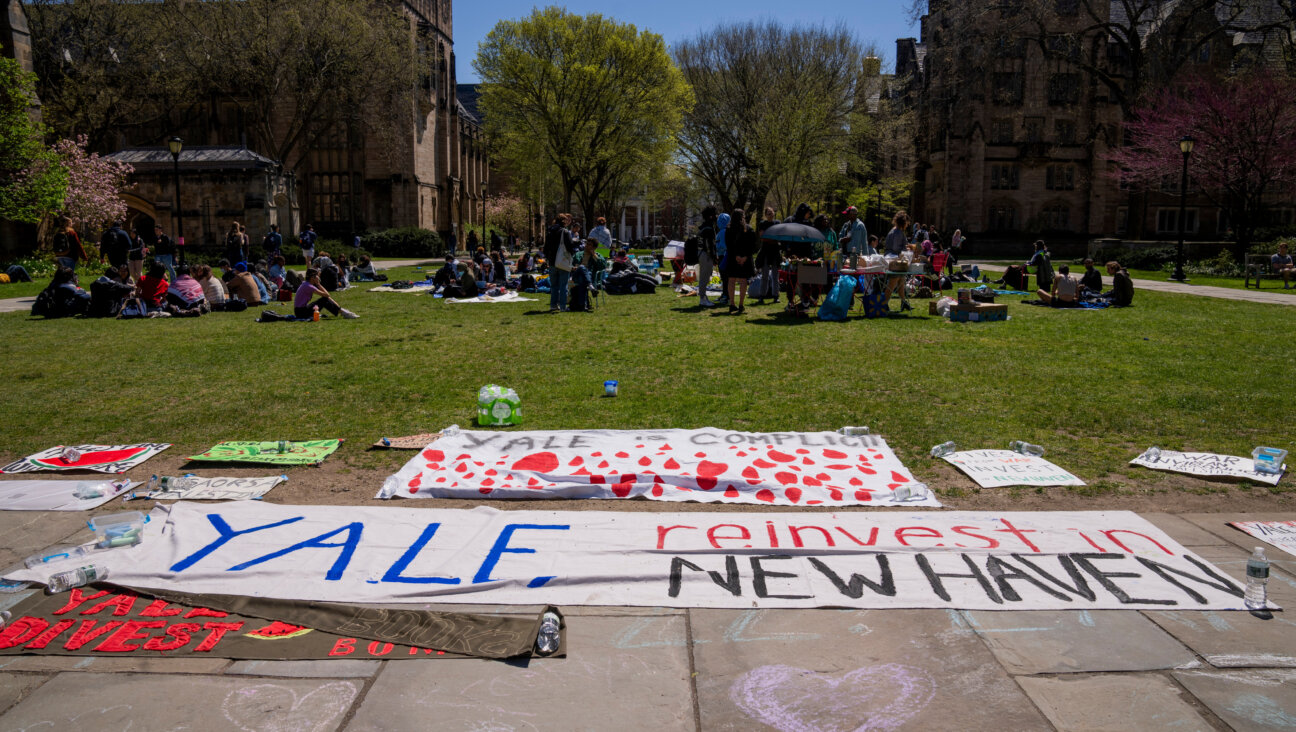Racists Anonymous: The false divide between ‘good’ and ‘evil’
I don’t know what it’s like to be ostracized for the color of your complexion. I can’t fathom being the target of random acts of cruelty that go unpunished. But I know what it’s like to be hated for simply being who you are.
I know what it feels like to carry in your body generations’ worth of rage over inequities endured by those who came before you. I also know the sting of the sudden impulse to lash out. To hurt those who have hurt you. An impulse so deeply buried, you’re blind to how much you embody the us-versus-them culture that you’ve been so quick to denounce.
It’s those more sober truths — about our unsettling human instinct to harm one another — that I set out to probe three years ago in an essay recounting a memory from my first months after immigrating to the United States from Czechoslovakia in the summer of 1969.
Hoping to contribute to the emerging public dialogue about our collective accountability for racial justice, I wrote about my first American date. A date that happened to be with a Black college classmate. I was 19 and living with my aunt and uncle in the all-white New Jersey suburb of Fair Lawn. The main idea of the piece was that although I had been open to relationships with people regardless of their skin tones, I feared that after decades of being steeped in the culture of my adoptive country, I, too, might carry the latent virus of racism.
I titled the piece “Racists Anonymous: My Name is Julia and I’m a Racist,” and submitted it to the Forward. The next morning, I was thrilled to find a note in my inbox accepting my submission. But a few days later, I cringed to see the story published with a different headline : “My Uncle Escaped the Nazis and Became a Racist.”
I took a slow, deep breath, and sent a note asking the editor to change the headline. She responded that she had understood the point of the piece to be “that your uncle’s childhood made him a racist and that you, not having those influences, are not at all a racist.”
I took a deeper breath. “But I’m also saying that all of us are, to some degree, racists,” I wrote back. “That we really need to have ‘Racists Anonymous’ groups where we acknowledge that.” I told her I needed the title changed. “Otherwise, it’s missing the point,” I explained. “I’m heartbroken about what we’re doing to each other. But we are doing it. We all are doing it, to one degree or another.”
I felt the headline, which was not changed, turned my story into a tidy tale of good and evil. Victims and villains. With my uncle being one of the villains.
In an oft-quoted passage from “The Gulag Archipelago,” Alexander Solzhenitsyn writes: “If only it were all so simple! If only there were evil people somewhere committing evil deeds, and it were necessary only to separate them from the rest of us and destroy them. But the line dividing good and evil cuts through the heart of every human. And who is willing to destroy a piece of his own heart?”
I grew up in Czechoslovakia, then often called the heart of Europe. So it was. A heart bursting with passion for justice and aflame with an equally pervasive hatred of the other.
On a fifth grade field trip to a local farm, a classmate named Eva told me she had only recently found out I was Jewish. “Because, you know, you don’t look Jewish at all,” she said, earnestly bopping her ponytailed head. “And,” she added, clasping my hand, “you’re Jewish, but you’re so nice.”
It’s that memory — of my 10-year-old gratitude toward Eva for accepting me despite my Jewishness — that propels me to keep questioning our common propensity toward vilifying people who are different from us. I know too well that once the corrosive thread of perceived inferiority is stitched into your DNA, you can spend a lifetime repairing the damage.
How different would my childhood have been, how different my parents’ lives in the country we called home, if someone had initiated an honest public dialogue about the level of latent and manifest animosity we endured?
The past year has been one of intense racial reckoning across the United States. The notion of our collective culpability for a culture that allows public lynching to take place in broad daylight has now gained considerable traction. For most sentient beings, a moment’s thought would suffice to acknowledge that at this stage of our evolution a large segment of human society falls somewhere along the racist spectrum.
Now the question is not so much about whether we’ll talk about racism, but how. What will we do with our newly gained knowledge? How will our insights serve us? Will we use them as leverage to advance our political agendas? Or will we have the moral stamina to enlist them in the service of our common good?
Julia Indichova is the founder of fertileheart.com. Her most recent book, “One-Heart Revolution,” documents a peace project linked to 9/11. You can find her on Instagram @fertile.heart.

I hope you appreciated this article. Before you go, I’d like to ask you to please support the Forward’s award-winning journalism this Passover.
In this age of misinformation, our work is needed like never before. We report on the news that matters most to American Jews, driven by truth, not ideology.
At a time when newsrooms are closing or cutting back, the Forward has removed its paywall. That means for the first time in our 126-year history, Forward journalism is free to everyone, everywhere. With an ongoing war, rising antisemitism, and a flood of disinformation that may affect the upcoming election, we believe that free and open access to Jewish journalism is imperative.
Readers like you make it all possible. Right now, we’re in the middle of our Passover Pledge Drive and we still need 300 people to step up and make a gift to sustain our trustworthy, independent journalism.
Make a gift of any size and become a Forward member today. You’ll support our mission to tell the American Jewish story fully and fairly.
— Rachel Fishman Feddersen, Publisher and CEO
Join our mission to tell the Jewish story fully and fairly.
Only 300 more gifts needed by April 30

























